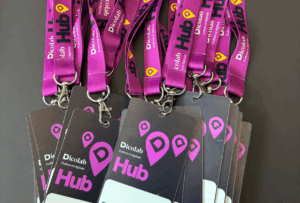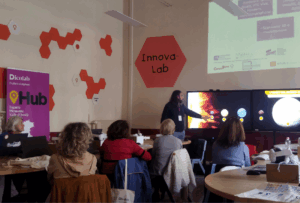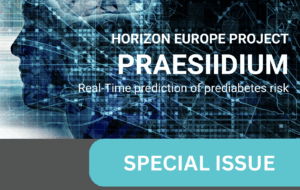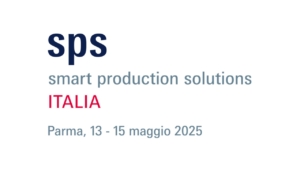
Dicolab. Digital Culture: Free Courses in July 2025
Last free and certified Dicolab courses for professionals in the culture and heritage sector before the summer break: three innovative courses that explore the new

School of Robotics in Italy is Partner in two Erasmus plus projects that will take place in the years 2022 and 2023, dedicated to education in pre-primary (early education) and primary schools.
The Erasmus in Higher Education project “Distance Learning Model Reinforced with Robotics for 3-7 Years Old Children” has a very relevant objective, and that is to prepare materials and manuals for the online, remote education of pre-school children (3-7 years old).
During the past two years, the children experienced an even prolonged lockdown, and the youngest children in particular found it difficult to attend school, as the adults who were with them often had no experience in using educational platforms.
The partners of the project, coordinated by Kokaeli University of Turkey, will develop manuals and platforms that students of education will use, together with their families, for the online education of young students.
These materials can be used for other situations, such as school in hospitals, or for special weather conditions, when it is better not to let the little ones out of the house, or to compensate for absences due to childhood illnesses.
The second new Erasmus project is a Small Scale in School Education (the new Erasmus projects dedicated to encouraging participation in European projects by entities with little experience), coordinated by the Marcelline Institute of Foggia, Italy, and is entitled: Science? It’s a nice tale. The project, dedicated to primary schools, involves the selection of a number of scientific discoveries and inventions, half of them made by female scientists, and their narration through texts, drawings, and the creation of related cartoons with Scratch.
The teaching units realised by the project will concern stories of scientific discoveries inherent to the subject contents of the curricula of the schools involved and the age group concerned.
The aim is to transform scientific knowledge from a purely mnemonic content to the product of an adventure that sometimes lasted centuries during which various scholars faced challenges and sometimes dangers in order to achieve the result.
In fact, the innovative and laboratory character of the proposed activities aims at achieving greater attractiveness of STEM subjects and the involvement of teachers of non-scientific subjects.
The availability of comprehensive teaching units will provide teachers (even less experienced ones) with teaching support and help in using digital tools.

Last free and certified Dicolab courses for professionals in the culture and heritage sector before the summer break: three innovative courses that explore the new

The DICOLAB project training courses dedicated to those committed to leading and intervening in the digital transformation process of the culture and heritage sector continues

PRAESIIDIUM Special Issue. We are pleased to launch a Special Issue entirely dedicated to PRAESIIDIUM, a project funded by the Horizon Europe program. This bilingual

SPS Italia and Scuola di Robotica are organising a work table dedicated to girls and young people: students from technical institutes, ITS and engineering universities
Write here your email address. We will send you the latest news about Scuola di Robotica without exaggerating! Promised! You can delete your subscription whenever you want clicking on link in the email.

© Scuola di Robotica | All Rights Reserved | Powered by Scuola di Robotica | info@scuoladirobotica.it | +39.348.0961616 +39.010.8176146 | Scuola di robotica® is a registered trademark